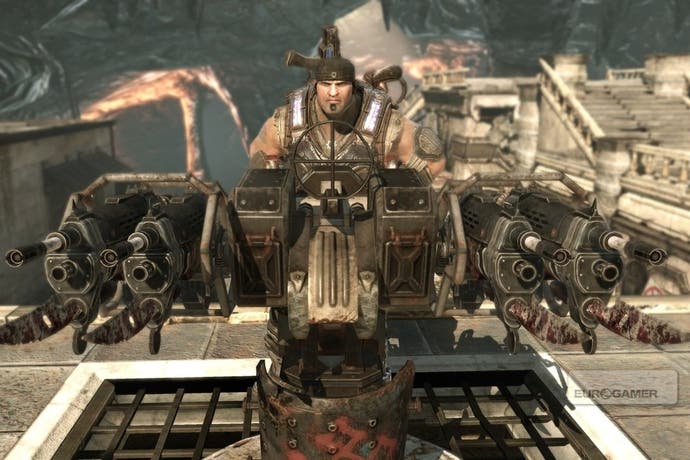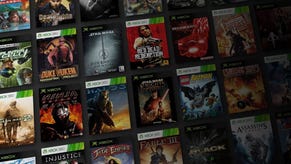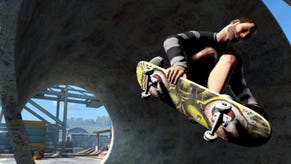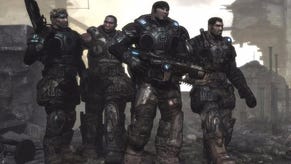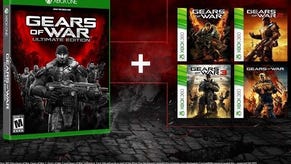Senior Scottish cop calls for second look into prevention of children playing adult games online after 13-year-old boy slashes friend's throat following Gears of War 3 session
"Fundamentally children should not be playing 18-rated games," UK industry counters.
A senior Scottish policeman has called for a second look into the prevention of children playing adult-rated games online after a 13-year-old boy slashed a friend's throat with a knife following a Gears of War 3 session.
The teenage boys fell out after playing the 18-rated game in Clydebank, Scotland, the Daily Mail reported from the High Court in Glasgow.
On the night of 14th April 2012, the accused grabbed the then 14-year-old victim while he was on his way to a house and struck him across the throat. The accused said, "Don't die," before walking off.
The cut was so deep it exposed the victim's windpipe and required 20 staples after surgery. The victim is said to have been left traumatised. His attacker, who is already a father, faces prison.
Brian Docherty, chairman of the Scottish Police Federation, said we should do more to prevent young people from playing games intended for adults online.
"These games are rated 18 and shouldn't be played by children of this young age," he said, "but online gaming may be outside their parents' knowledge.
"We need to look again at what we can do to stop this."
The prosecutor, Andrew Brown QC, told the court: "The reporting officer was of the opinion that the violent video games played online by the accused may have been a factor in his conduct."
He continued: "The pair had fall-outs online amounting to name-calling via the messaging system used in the game."
Commenting on the case, Microsoft pointed to the Xbox 360's on-board parental controls and advised parents use them.
"We have some of the most robust parental control systems to empower parents to decide how their children play and communicate," a spokesperson said. "We have the greatest sympathy for the victim and his family."
Video games and youth violence have had a long and troubled history. FPS Doom was accused of influencing then 18-year-old Eric Harris and 17-year-old Dylan Klebold, who killed 12 students and a teacher in the 1999 Columbine High School massacre, and Rockstar games Grand Theft Auto and Manhunt, and Activision's Call of Duty, have all been blamed for teenage violence.
In October 2012 a research team at Brock University in Canada investigated the issue and said their results were "concerning" and argued that violent games could "reinforce the notion that aggression is an effective and appropriate way to deal with conflict and anger", but the subject remains divisive. Labour MP Keith Vaz, long-time critic of violent video games, has called for more strict government control of violent video games.
But Andy Payne, chairman of UKIE, rejected the suggestion that violent video games cause violent behaviour, and, like Microsoft, pointed to parental controls on consoles.
"Although some games deal with adult themes in the same way that films, television programmes and books do, there is no proven link between playing video games and actual violence or that playing games de-sensitises people to violence," Payne told Eurogamer.
"Fundamentally children should not be playing 18-rated games - games sold in the UK have to adhere to the robust PEGI age rating system and there are parental controls on all consoles that help ensure adult games are not played by children.
"The games industry takes the health and wellbeing of consumers very seriously and takes every opportunity that it can to promote age ratings and parental controls, including through www.askaboutgames.com."
UPDATE: This article has been edited to better reflect the comments from Brian Docherty, chairman of the Scottish Police Federation.
